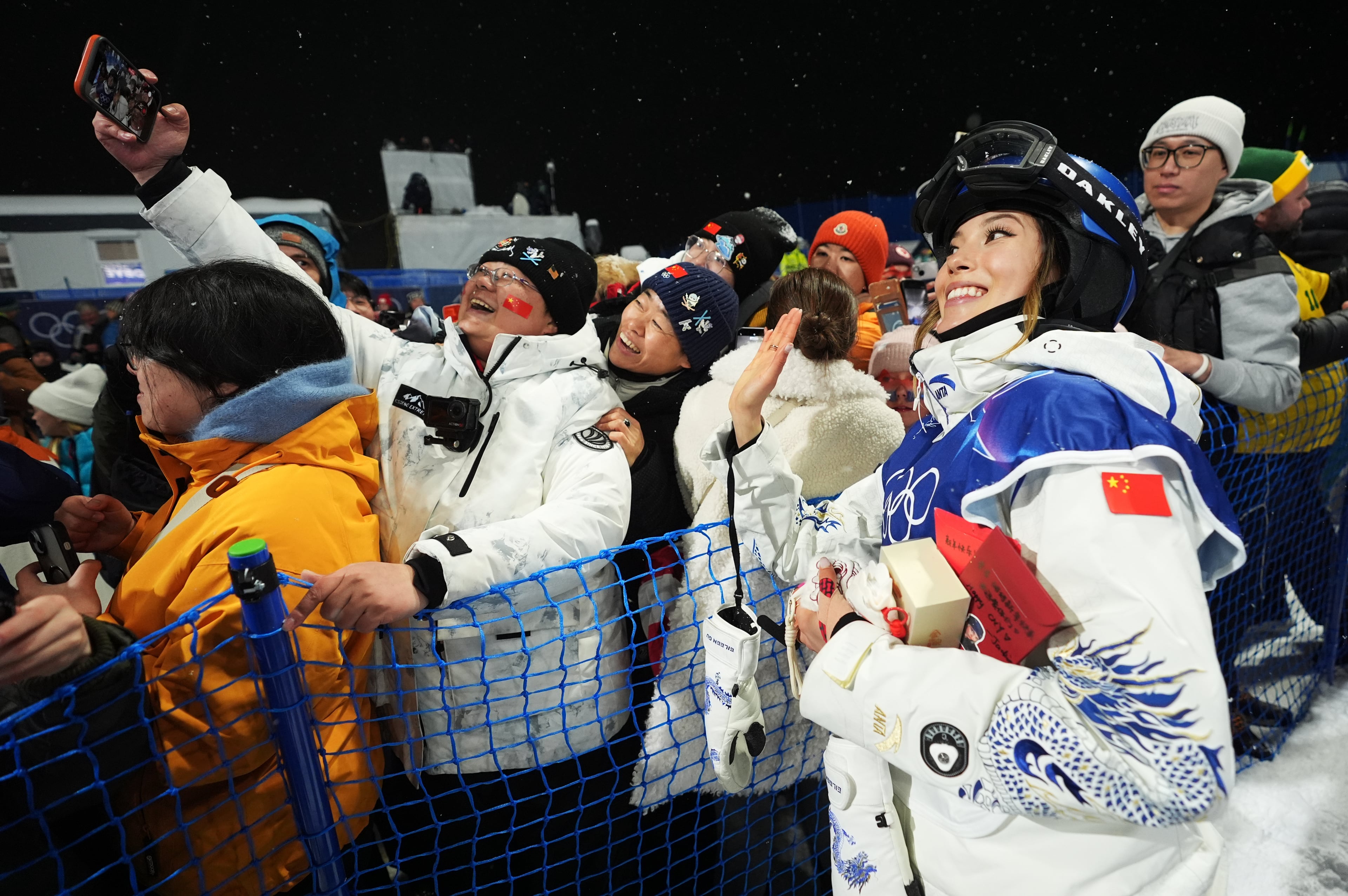Dodgers will be tough to beat, but they’re not unbeatable
Clayton Kershaw is the best pitcher in baseball. But Kershaw, who finished this season with the lowest ERA (1.89) by a National League starter since Greg Maddux in 1995, is no more imposing than Bob Gibson was in 1968, when he had a regular-season ERA of 1.12 and limited the slugging Detroit Tigers to one earned run in his first two World Series starts.
Gibson lost Game 7 of that World Series to Mickey Lolich, not that Gibson pitched badly. The game was scoreless until the usually unerring center fielder Curt Flood misjudged Jim Northrup’s fly ball with two out in the seventh.
No, the Atlanta Braves did themselves no favors by letting the league’s best record fall to St. Louis, which will see the No. 2 starter of the wild-card winner in Game 1 of its Division Series. The Braves must face Kershaw. But even great pitchers lose.
In the history of the World Series, there has never been a more imbalanced-on-paper Game 1 matchup than in 2012. According to FanGraphs’ WAR (wins above replacement) ratings, Justin Verlander of Detroit ranked first among big-league starters during the regular season; Barry Zito of San Francisco ranked 81st among 88 qualifiers. So what happened?
Verlander was gone after four innings, having yielded two home runs to Pablo Sandoval and a run-scoring single to Zito. At a time when Verlander seemed all but unhittable — in three previous postseason starts, opponents had mustered two runs in 24 1/3 innings — he had his worst game of the year. He wouldn’t get another turn. The underdog Giants swept.
It’s not as if weird stuff doesn’t happen in baseball’s other six months, but everything gets so magnified in October that images grow fuzzy. How did the Pittsburgh Pirates get outscored by the New York Yankees 55-27 in the 1960 World Series and still win the thing? How did the Mets’ Ron Swoboda catch Brooks Robinson’s sinking liner in 1969? How did Barry Bonds not throw out Sid Bream at the plate?
To say I’m not crazy about the Braves’ prospects against L.A. doesn’t mean I dismiss them out of hand. The Braves had a better regular season than the Dodgers, beating them five times in seven meetings. (True, Kershaw started none of those.) Should the series go the distance, three of the five games will be at Turner Field, where the Braves were a big-league-best 56-25.
The Braves made 24 fewer errors, scored 39 more runs and hit 43 more homers than L.A., which will be without center fielder Matt Kemp (bad ankle) and perhaps without outfielder Andre Ethier (sore shin). Should this series become a test of relievers, L.A. figures to flunk: Its bullpen ERA was ninth-best in the National League; the Braves’ relief ERA was the lowest in the majors.
The only place the Dodgers have an edge is in starting pitchers. This being baseball, starting pitching can override all else, and top-shelf pitchers can make big-swinging teams — the Braves tied for the league lead in strikeouts — look feeble. Zack Greinke and Hyun-jin Ryu, the Nos. 2 and 3 starters, have lower ERAs than Kris Medlen, who’ll start Game 1 for the Braves.
But here we stipulate: The Braves’ starters haven’t been anywhere near bad. Their ERA for the regular season (3.51) was sixth-best in baseball. (At 3.13, the Dodgers’ starters led the majors.) If Medlen and Mike Minor and Julio Teheran can keep the Braves close for six innings, the Braves’ bullpen can win this thing.
The Dodgers have been outpitched by youngsters in October before. Baltimore’s starters in the 1966 World Series were Dave McNally, Wally Bunker and Jim Palmer, the oldest of whom was 23. The Dodgers, who’d posted the lowest ERA in the majors, countered with the trio that pitched them to the 1965 title: Sandy Koufax, Don Drysdale and Claude Osteen. (The Dodgers’ No. 4 starter in ’66 was the rookie Don Sutton.)
The Orioles held L.A. to two runs — two! — over 36 innings and swept. Even the great Koufax, who’d ruled October in 1963 and 1965, was undone in Game 2. Center fielder Willie Davis made three fifth-inning errors — three! — that led to three unearned runs. It was the last game Koufax ever pitched. He would retire in November at age 30, his mighty arm worn to a frazzle.
There have been other splendid Dodger lefties — Tommy John won 288 games and became a medical miracle; Fernando Valenzuela inspired a mania — but Kershaw is the best since Koufax. He won’t be easy to beat. But Koufax at his peak was the greatest pitcher ever and he lost his final game. Just sayin’.
More Stories
The Latest



